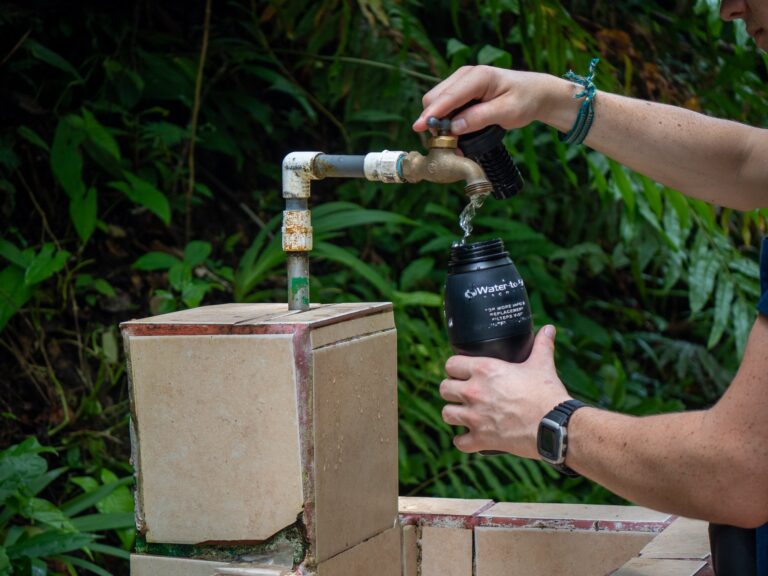Let’s Talk About Travel Insurance: The 6 Best Travel Insurance Companies
What is Travel Insurance, why you need it and the 6 best travel insurance companies for every kind of trip in 2024.
(Updated 2024)
This post may contain affiliate links, which means we might earn a small commission on anything purchased through these links at no extra cost to you. Learn more on our Disclaimer page.

If you’ve landed on this page, chances are you’re a travel lover, so you’ll agree with us when we say nothing is better than exploring the big wide world. Travel offers us the unique opportunity to discover new cultures, learn about different histories, try new foods, see new landscapes and witness wildlife spectacles. It also gives us the opportunity to develop ourselves, push our limits and try new things. But travel isn’t always smooth. In fact, if you travel for long enough you’ll learn that it’s almost impossible to travel without something going wrong. So it’s imperative you get travel insurance.
What is travel insurance?
Travel insurance provides extra protection when you travel for a variety of possibilities, from lost luggage to emergency medical care. It provides financial protection and, in the event of an incident, financial compensation. Travel insurance can cover you either internationally or domestically for any length of trip, for any amount of belongings or incidences. Buying travel insurance is completely down to the individual, your needs, preferences and trip. It’s important to spend the time finding the right travel insurance for you so you’re covered in the event of unforeseen circumstances.
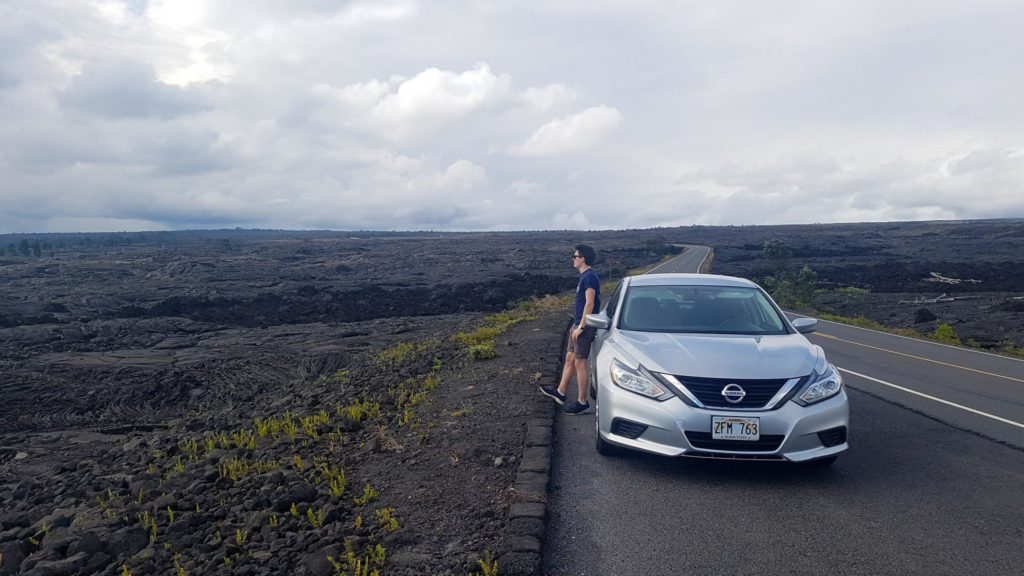
Why do you need travel insurance?
A lot of people wonder if travel insurance is worth it. The answer is always yes! Not buying travel insurance might save you some money in the short term, but if anything goes wrong you could be facing bills of up to hundreds of thousands of dollars. We believe you can’t afford to travel if you can’t afford travel insurance – it should be part of your budget. At the end of the day, it’s better to be safe than sorry. Finding affordable travel insurance that meets your needs is not that hard and can save you money in the event that anything goes wrong. And we’ve made it even easier for you by listing the top 6 travel insurance companies for every trip.
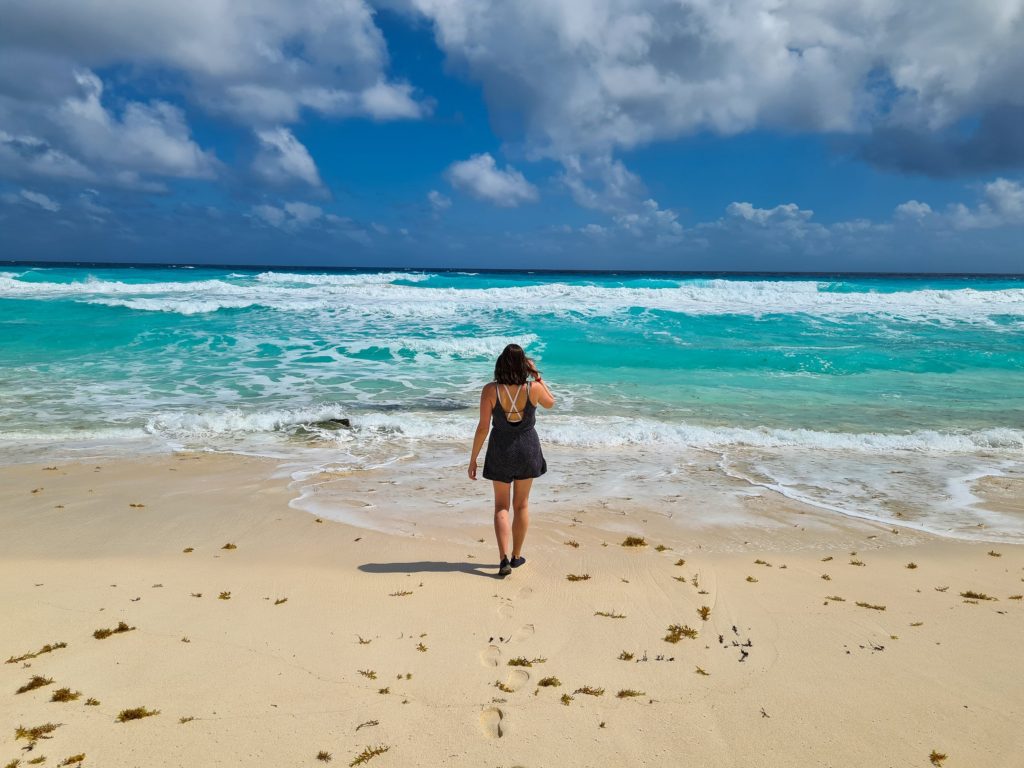
What are the different types of travel insurance?
Most insurance policies can be categorised as one of the following:
- Nomad -travelling for a long time or living and working abroad.
- Backpacker – continuous travel, often to multiple countries, over a prolonged period of time.
- Working holiday – either paid or voluntary work abroad, which often requires a specific visa and usually needs extra cover.
- Annual multi-trip – multiple trips over a 12 month period.
- Single trip – a one-off holiday.
Do you have a ticket home? Some policies require a specific start and end date. If you’re travelling more flexibly, you may need to consider a backpacker or nomad policy, over a single or multi-trip policy.
If you plan to travel to a country under a government advisory (including COVID-19 advisory areas), your insurance could become void. There are a few companies who can provide specified cover for destinations where travel goes against your government’s foreign office’s advice, and they typically include areas in conflict and remote destinations.
Most insurance policies also provide cover for one of three destination areas:
- Europe
- Worldwide, excluding USA, Canada, Mexico and Caribbean
- Worldwide

What does travel insurance cover?
This list is not exhaustive and you should check the small print for the specific company and policy for a full list of what is and is not covered by your policy. Travel insurance typically covers:
- Medical, including unexpected illness or injury etc.
- Bringing you home as a result of accident, injury or death, including funerary arrangements and repatriation.
- Travel mishaps, including delays, cancellations, natural disasters, lost luggage etc.
- Lost or stolen items, including your passport, documents, luggage or valuables etc.
- Damage to your belongings, including valuables like technology, jewellery and equipment etc.
- Liability, including accidental damage or injury caused by you etc.
The following may not be covered under a basic policy, but can usually be available as an add-on:
- Winter sports, including ski and snowboard equipment, ski pass, piste closure etc.
- Golf equipment
- Gadget cover for technology, including phones, laptops, cameras etc.
- Extreme activities, including sky diving, SCUBA diving, hot air ballooning etc.
- Cruises, including cabin confinement, missed ports etc.
- Driving, including motorcycles, scooters and cars etc.
- Business trips, including equipment and money etc.
Pre-existing medical conditions should be declared when applying for insurance. If your condition is serious, you’ll likely need to pay more or choose a specialist provider. Travel insurance is not intended to cover medical care for pre-existing conditions, but should cover any unforeseen or emergency care you need as a result of a declared condition that is part of your cover.
COVID-19 cover may or may not be included in your policy, or available as an extra. Check out the COVID-19 section below for more.

What does travel insurance not cover?
What’s not included will be specific to the policy, but generally you should look out for the following things:
- Specific areas or countries that the insurance company doesn’t cover.
- Specific areas or countries that your government’s foreign office advises against travel to.
- Working while abroad.
- The excess – the amount you pay before you receive a payout (e.g. if your excess is $100 and your camera is worth $500, your payout will be $400, after you pay the first $100).
- Any amount of money over the maximum payout amount.
- Accident, injury or theft while you’re under the influence of drugs or alcohol.
You should always read the small print of a policy to know exactly what is and isn’t covered. It’s quite common for insurance policies to include clauses that specify certain requirements you might not expect; for example a laptop must not be older than 18 months or it’s not covered.
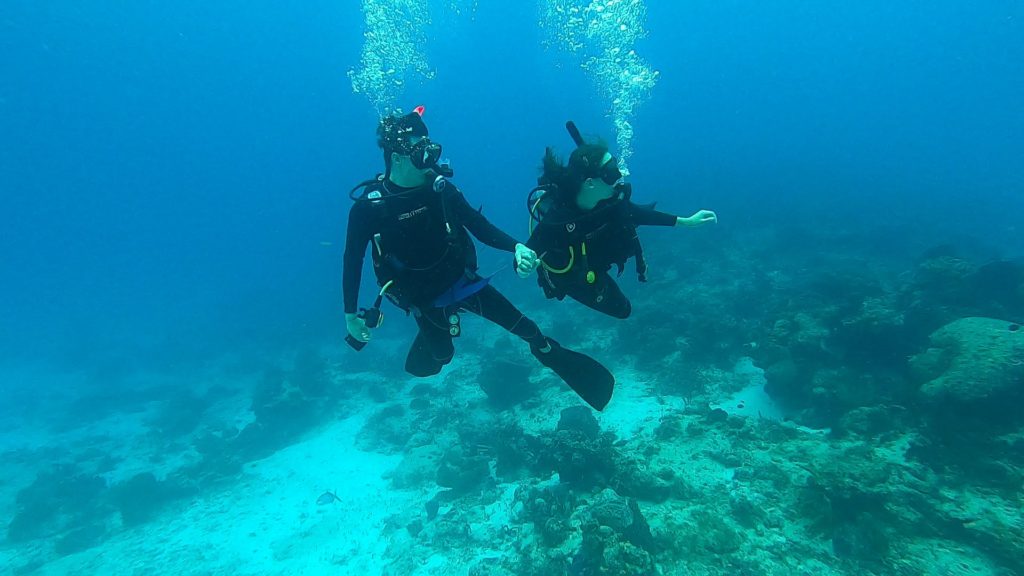
COVID-19 Travel Insurance
If there’s anything we learned from the COVID-19 pandemic, it’s that travel insurance is important now more than ever. Catching COVID-19 while travelling can incur a lot of charges, from tests to isolation accommodation to medical treatment. Not all travel insurance companies will provide cover for COVID-19, so it’s important to check if this is included in your policy before you buy it. Look out for cover that includes COVID-19 related medical care and travel disruption as a result of hospitalisation, isolation or a positive test.
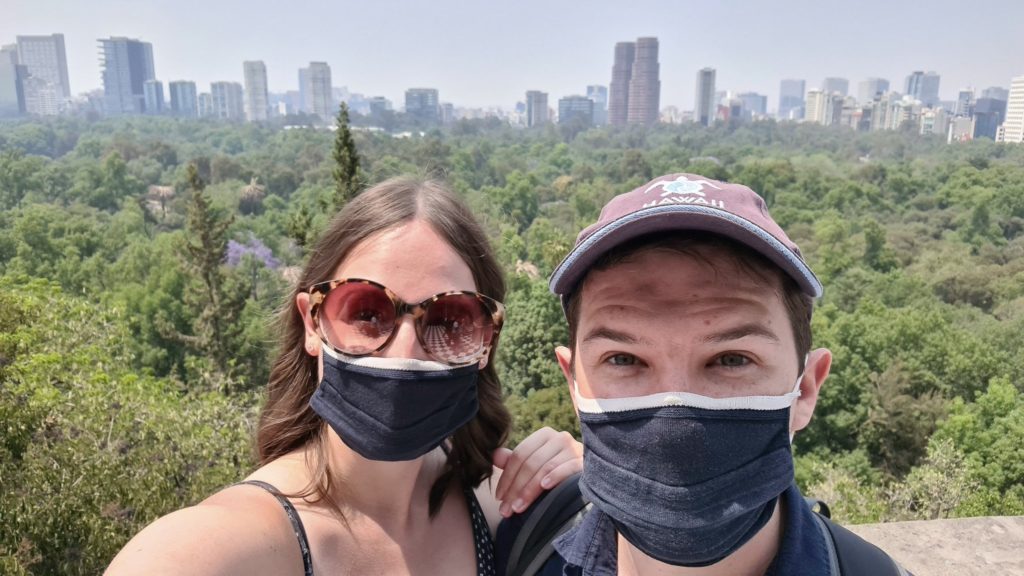
How to find cheap travel insurance
Shop around
The first thing you should do when buying travel insurance is to start with a price-comparison website. We like moneysupermarket.com, comparethemarket.com and gocompare.com. You can input all of your travel details and medical conditions and they’ll provide you with a list of insurance companies, their basic policy features and quotes. From there, we’d recommend going directly to the site of the companies you like the look of. Input your travel details and medical conditions again and see if the quote is similar. Often, the best prices are direct. Some companies may feature offers and discounts on their website too.
Check if your gadgets are covered by your pre-existing insurance
If you already have home or gadget insurance, it may cover your belongings when you travel abroad. If so, you can decline the extra options when buying travel insurance and just buy what you need to cover your travel plans and potential medical care.
Insure yourself and your travel companions at the same time
If you’re a couple, family or group, it can be cheaper to take out one policy for all of you at once than to take out individual policies. When you input your details to get a quote, you can choose whether you’re travelling alone, in a couple, in a family or as part of a group. You can input everyone’s details and see if this is a cheaper option than taking out several separate policies.
Check if you already have cover
Some bank accounts and credit cards will actually include travel insurance for free. For UK bank holders, there are a range of different accounts offering European to Worldwide coverage for free, or for a small fee as part of your membership. Whereas US travellers can discover the wealth of insurance benefits that come with owning an American Express card. It’s important to check all of the small print so you’re aware of exactly what is and isn’t covered and you know what extra protection to buy before you go.

The best travel insurance for Digital Nomads: SafetyWing
SafetyWing is without a doubt one of the best travel insurance companies in 2024, and offers global travel insurance that covers people from all over the world. It primarily covers medical expenses, including COVID-19 care, but also includes coverage for travel delay, lost checked luggage, emergency response, natural disasters and personal liability. It is the perfect option for digital nomads who are looking for flexible medical care and basic travel protection while living, working or travelling abroad.
SafetyWing offer a subscription-based monthly payment system for as little as $42 for 28 days. You can buy insurance before or after you leave, so it’s a great option for those already on the road too. They’ve also created a handy map which shows all the COVID-19 travel restrictions in each country, plus you can sign up to updates and email alerts to be the first to know when things change.
SafetyWing complies with US, UK, EU and UN sanctions and can even offer you some medical coverage in your home country, so you can visit home for the holidays without voiding your insurance. They provide incidental coverage in your home country for up to 30 days out of each 90 days of coverage, although U.S. citizens should note they can use up to 15 days out of each 90 days of coverage and the policy does not provide certain insurance benefits required by the United States’ Patient Protection and Affordable Care Act (“PPACA”).
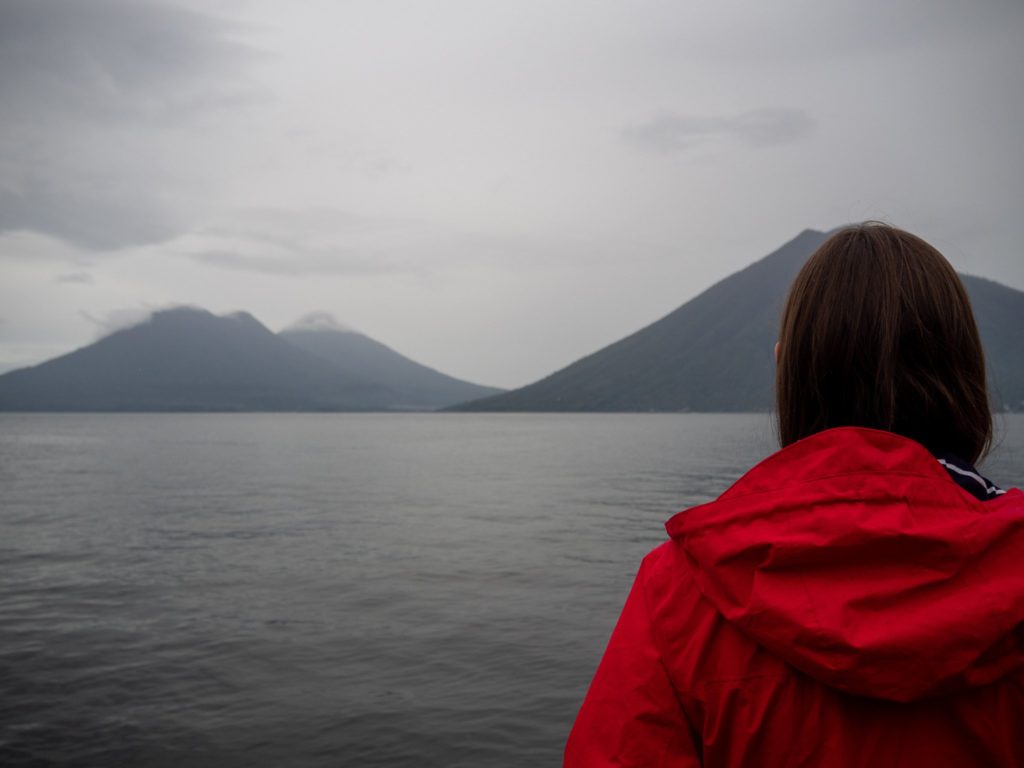
The best travel insurance for Backpackers: World Nomads
World Nomads is an incredibly popular travel insurance company for backpackers, and for good reason. They’re reliable and their policies are affordable and customisable. Backpacker insurance is designed to cover continuous travel, often to multiple countries, over a prolonged period of time. World Nomads cover over 140 countries, including most major holiday and backpacker destinations. They have 2 plans: the Standard Plan and the Explorer Plan, so you can choose the right cover for you.
If you’re a flexible traveller, World Nomads are one of the best travel insurance companies on this list. They provide 24/7 emergency assistance, cover for over 200+ Adventure Activities and they work with reputable charities and NGOs, giving you the option to make a small donation to help fund a community development project as part of their Footprints program.

The best travel insurance for Working Holidays: Go Walkabout
Go Walkabout is a UK-based company, offering high quality insurance cover at affordable premiums. They feature a range of policies, including COVID-19 cover and four specialist working holiday policies, so you can choose the right cover for you. The four Work Packs cover paid or voluntary work in a wide range of jobs for up to two years, including TEFL, farm work, fruit picking, working with animals, sports and dancing, and lifeguarding. Additionally, Go Walkabout offer four Activity Packs. Pack 1 covers an array of sports and adventurous activities and is included in your policy automatically, while packs 2, 3 and 4 can be added as an extra. Find out more about Go Walkabout’s comprehensive travel insurance here.

The best travel insurance for Annual Multi-trips: True Traveller
Annual multi-trip insurance typically covers multiple trips over a 12 month period. True Traveller offers three multi-trip insurance policies: The True Value budget policy (available for persons aged under 40 years of age), the Traveller policy (the most popular multi-trip policy) and the Traveller Plus policy (which provides extra protection). The Traveller policy allows you the standard 30 day trip before you have to return home. While the Traveller Plus policy provides you with enhanced medical and cancellation cover, as well as unlimited leisure or business trips, which can last up to 70 days at a time.
True Traveller was originally a travel company, not an insurance company, so their policies are designed by travellers for travellers. Their policies are also fully customisable. They cover 92 activities, with an Adventure Pack you can add to cover a further 41 activities, and their Extreme and Ultimate Packs covering even more. You can also add extra road, gadget and baggage cover. They provide a 24/7 Medical Assistance Service and have a partnership with AXA, one of the world’s largest and most trusted insurance companies.
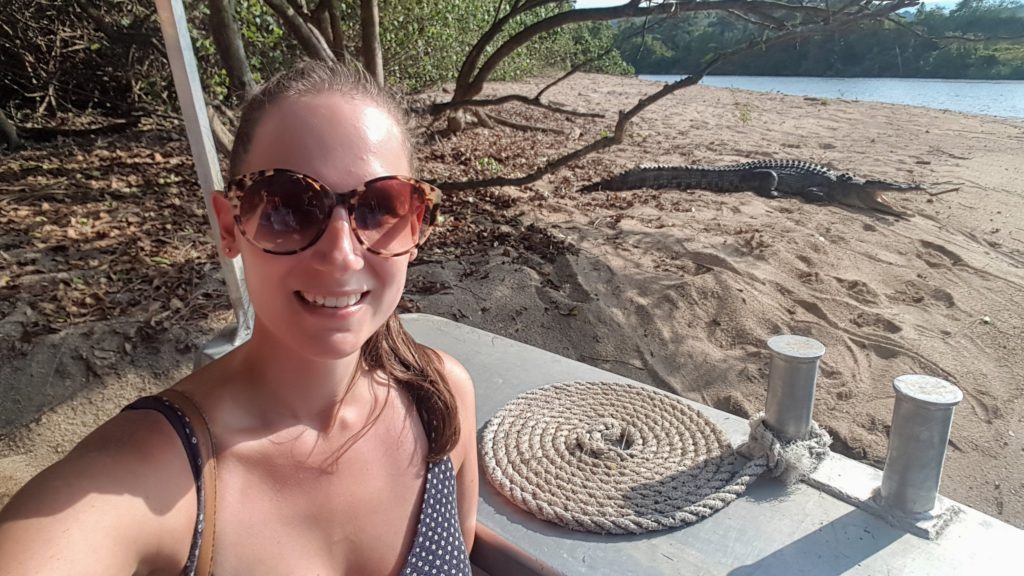
The best travel insurance for a Single Trip: the one that fits your needs
We’re going to cheat on this one a little bit, because the best travel insurance for a single trip is whichever policy covers your needs at the best price. Single trips are usually a one-off holiday, but the length of coverage will depend on the company. So you’re going to have to do some shopping around.
Using a price comparison website (moneysupermarket.com / comparethemarket.com / gocompare.com) can be the best way to find affordable travel insurance to meet your needs.
Some package holiday brands, like TUI, include ATOL-protection on all their holidays and offer you the chance to add on extra protection underwritten by AXA at the checkout. The Post Office is a popular travel insurance option for UK travellers, while CoverWise is an AXA partner offering a variety of single trip policies with COVID-19 cover.
We’ve heard the best travel insurance company for Australians is Cover-More. Offering three plans with different levels of cover, Cover-More have something to fit your budget and needs.
Whereas US travellers could consider taking out a policy with Allianz Travel or Travelex, both leading travel insurance companies with full-coverage policies.
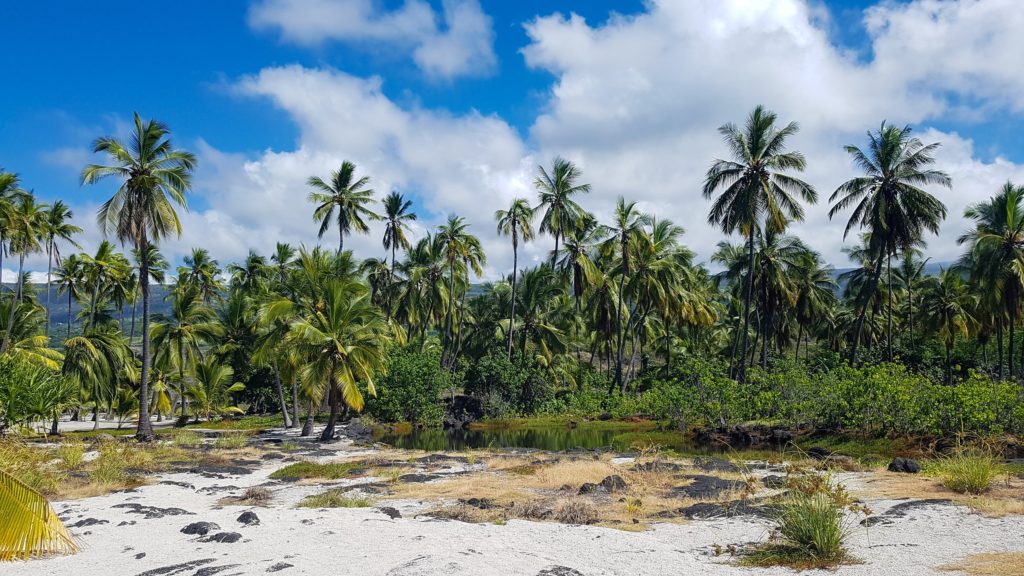
The best travel insurance for Government Advisory Destinations: Battleface
We previously mentioned a lot of travel insurance policies will be voided if you travel against your government’s foreign office’s advice. For UK travellers, that means if a country or area is showing as amber or red on Gov.UK’s website, you will not be able to make a claim. Advice for US travellers can be found here.
But wait! Battleface is here for you. Providing FCDO ‘Non Essential’ & ‘Essential’ travel cover, you can purchase a policy with Battleface to cover you for business or leisure, including COVID-19 care. Yes, it’s pricier than normal travel insurance, but if your destination is advised against travel the risk you’ll need insurance is bound to be much higher too. Battleface cover 38 countries and offer 24/7 customer service, as well as resources in their handy app. They specialise in countries under government advisories (including COVID-19 advisory areas), adventure activities, and remote destinations, so you can still travel the world with the protection of travel insurance.

What you need to know before buying travel insurance
Here are a few things to be aware of before you buy travel insurance:
- Declare everything. If you don’t declare a medical condition, you won’t be covered for it.
- Read the small print. This is the most important piece of advice we can give. It’s tedious, but there would be nothing worse than finding out your travel insurance is void or doesn’t cover something when you really need it.
- Keep your receipts. Most insurance companies require proof of ownership for your claim to be processed, which usually means a copy of the receipt when you purchased the item, showing how much you paid for it.
- Check your government’s travel advice. Most insurance policies are voided if you travel against FCDO advice.
- Know your rights. Some circumstances will not be covered by your insurance because they should be covered by another body. For example, if your travel plans are disrupted due to an airline strike, you should apply to the airline for compensation.
- UK citizens travelling in EU countries can access some state-provided healthcare for free or at a reduced cost with an EHIC or GHIC Card. Neither card covers any additional cost to return you to the UK and you should have travel insurance in addition to your card, which is free to apply for on Gov.UK.

Here are a few things to look out for when reading the small print:
- Maximum payout per medical scenario. Check the maximum payout amount will cover any potential accidents, based on the activities and trip you have planned.
- Maximum payout per item. If your camera costs $1500 but your insurance only pays out $500, you’re going to have to foot the rest yourself.
- Maximum payout total. If your technology costs $5000 in total but your insurance only pays out $2000 for technology, you’re going to have to foot the rest yourself or you should consider adding on gadget cover.
- The excess (also called deductible). If your necklace costs $120 and your excess is $100, you’ll only be able to claim $20, after you’ve paid the excess.
- The age of your items. Some policies don’t cover laptops that are older than 18 months, or phones that are older than a year.
- Cancellation costs and reasonings. Most policies will cover you if you cancel due to family bereavement, but not all will. Check the reasons cancellation will be covered for and how much you’ll be able to claim back.
- Trip disruption clauses. some policies specify certain requirements to be met before a claim can be processed. E.g. a delay has to be over 12 hours long, lost baggage cannot be claimed for until 24 hours after it’s been lost.
- Natural disasters. Some policies do not provide cover for travel disruption in the event of a natural disaster. You should check this is part of your policy, particularly if you plan to travel to an area prone to earthquakes; that is volcanic; or during hurricane or wet season, when flooding and landslides are more likely.

Buy your travel insurance today!
- SafetyWing
- World Nomads
- True Traveller
- TUI
- The Post Office
- CoverWise
- Cover-More
- Allianz Travel
- Travelex
- Battleface

Read next:
The Pros and Cons of Booking with a Travel Agency
The Thorough Guide to Travel Vaccinations for UK Travellers in 2024
How to Travel on a Budget Without Sacrifice
Let’s Talk About The Plastic Problem
The 15 Best Travel Water Bottles in 2024 from Companies That Give Back
Check us out on social media!





